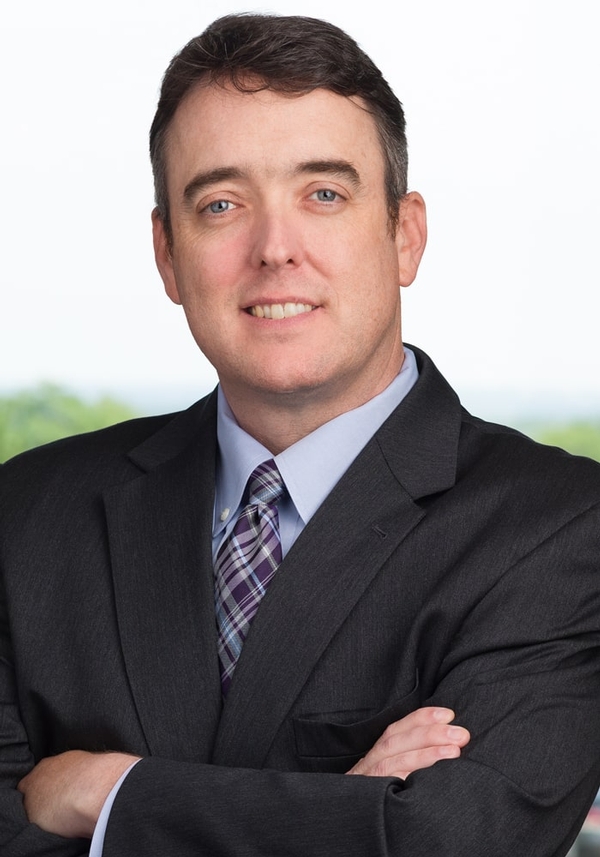Oct 9, 2020
Corporate Practice of Medicine in New Jersey
By Daniel O. Carroll, Esq. and Meghan V. Hoppe, Esq.
Corporate attorneys representing licensed professionals and their clients must be aware of unique legal issues and rules that impact the way such professionals are allowed to organize and conduct their business operations. In particular, physicians in New Jersey and their attorneys must take care to comply with the state’s corporate practice of medicine (“CPOM”) mandates, which prohibit unlicensed or lesser licensed individuals (directly or indirectly) from practicing medicine or otherwise controlling or influencing the treatment of patients. Fundamentally, the CPOM doctrine attempts to avoid the conflict created by non-physician shareholders who may prioritize profits and the interest of the corporation over the interests of patients and patient care.
New Jersey has promulgated statutes and regulations to ensure that only licensed professionals can practice medicine and provide medical care to patients in New Jersey. As such, unlicensed or lesser licensed individuals and general business corporations generally may not employ licensed physicians to provide medical services. New Jersey’s CPOM is primarily implemented via New Jersey Board of Medical Examiners’ regulations (N.J.A.C. 13:35-6.16(f)), which restrict the practice of physicians to the following professional practice forms with specific structural conditions:
- A sole proprietorship to render services within the scope of practice of physician’s license;
- A partnership, professional association or limited liability company, provided such entity is composed solely of health care professionals, each of whom is duly licensed or otherwise authorized to render the same or closely allied professional service within New Jersey;
- An associational relationship with another practitioner or professional entity, whether as an employee or independent contractor, as long as quality control of the professional services is supervised and evaluated by a practitioner with an equal or plenary license. For example, a physician with a plenary license (i.e. M.D. or D.O.) may be employed by another plenary licensed physician but may not be employed by a podiatrist (D.P.M.), chiropractor (D.C.) or certified nurse midwife (C.N.M.);
- An employee of a general business corporation only in limited situations, for instance where the corporation is a facility licensed by the New Jersey Department of Health and Senior Services or the corporation maintains a medical clinic for the purpose of providing first aid to customers or employees; and
- An equity or employment interest in a professional practice which is a limited partner to a general business corporation (e.g. a management company) which, in turn, has a contractual agreement with the professional practice entity.
For professional associations or professional corporations, these regulatory requirements reinforce the statutory proscriptions of the New Jersey Professional Service Corporation Act, N.J.S.A. 14A:17-1 et seq., which already restricts the organization and ownership of professional corporations to one or more persons who are each duly licensed to render the same or closely allied professional service (e.g. physicians or doctors of medicine). The statute also defines what qualifies as “closely allied professional services” and establishes restrictions on who may serve as directors and officers in certain situations.
CPOM issues are likely to arise when unlicensed or lesser licensed individuals who have experience with ancillary aspects of the healthcare industry seek to participate (directly or indirectly) in the revenues generated by licensed physicians. If a licensed physician cedes too much control to such individuals, then the physician’s ability to exercise professional judgment for patient care is subjugated to the control of non-physicians potentially running afoul of New Jersey’s CPOM regulation and violating New Jersey’s Insurance Fraud Prevention Act, N.J.S.A. 17:33A-1 et. seq. These circumstances are illustrated and discussed at length in the New Jersey Supreme Court opinion Allstate Ins. Co. v. Northfield Med. Ctr, P.C., 228 N.J. 596 (2017), where a chiropractor and his attorney were found to have violated the Insurance Fraud Prevention Act for improperly structuring a medical practice in violation of the CPOM prohibition.
When seeking to embark on new business opportunities, physicians and non-physicians alike must take care to structure such opportunities and related business arrangements in a manner that complies with New Jersey’s CPOM regulations. It is essential to seek the advice of experienced legal counsel to navigate these sometimes challenging issues.
For more information, contact Daniel O. Carroll, Esq. at doc@spsk.com or (973)631-7842 or Meghan V. Hoppe, Esq. at mvh@spsk.com or (973) 540-7351.

